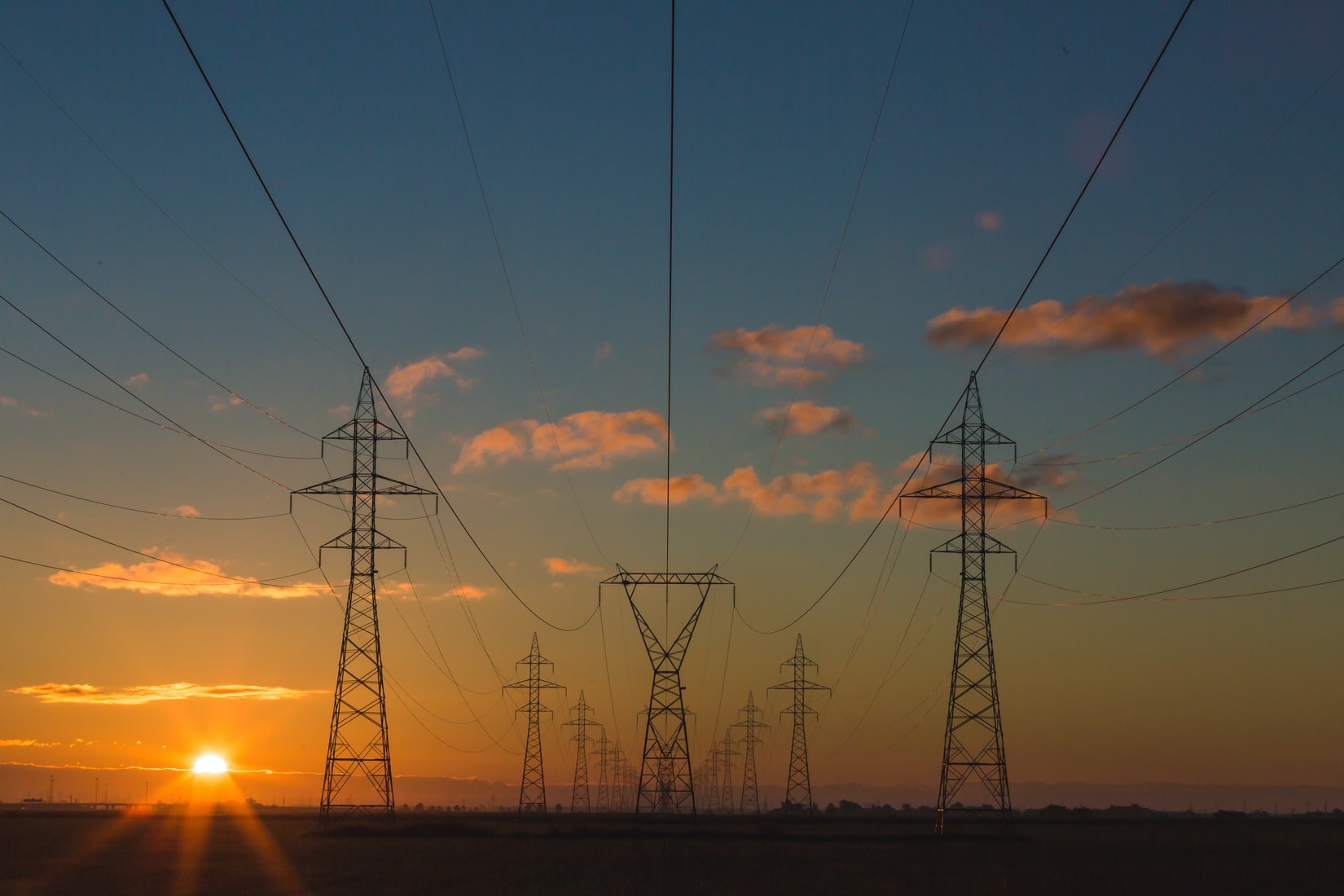The UK government has published its long-awaited Energy White Paper: Powering our Net Zero Future, which fleshes out a number of the low carbon and sustainability commitments made by Boris Johnson during his tenure as Prime Minister.
Maria Connolly, Head of Clean Energy and Real Estate at TLT LLP, Simon Virley, KPMG UK’s Head of Energy & Natural Resources, and Juliet Davenport, CEO and Founder of Good Energy, shared their expert insights and opinions with Clean Energy Pipeline on whether the Energy White Paper can provide industries with the impetus needed to slash carbon emissions and set a framework for a decidedly green economy in the UK.
Maria Connolly, Head of Clean Energy and Real Estate at TLT LLP
The White Paper puts the UK on a firm trajectory to meet its net zero targets and will be welcomed by the sector as an opportunity to push the development of new projects and nascent technologies.
One particular element of this is the intent to decarbonise power in the 2030s; an ambitious target that will need to be linked to an significant increase in the number of renewable generation projects being developed. We have already seen a number of large-scale subsidy-free projects coming online – where they have national grid contracts and in the context of providing power to large energy users via a PPA. This will undoubtedly be an area of growth over the coming months, driven also in part by a growing corporate focus on the ESG agenda and the need to secure ‘green’ power, this is likely to drive the development of more multi-technology projects which combine solar with storage and even electric vehicle charging infrastructure.
However, on-shore generation needs to be matched by a rise in off-shore generation, and the government’s commitment to deliver 40GW of offshore wind by 2030, including 1GW of floating wind is encouraging. It will be interesting to see how new technologies such as hydrogen play a role in overcoming some of the logistical challenges that off-shore wind presents in terms of delivery of supply. Indeed, hydrogen looks to be set to play a significant role in decarbonising the UK’s energy supply, and – if the White Paper sparks the hoped investment in new technology – the decarbonisation of heavy fleet.
Alongside decarbonising power sits the electrification agenda, and with electric vehicle sales increasing as more affordable models become available, this is spurring the growth of electric vehicle charging infrastructure (EVCI). We’re already seeing retailers, leisure operators and hotels looking to EVCI as a way of increasing dwell times, enhancing customer experience, retaining customer loyalty and supporting sustainability agendas. This is an area where we expect to see increased activity in the coming months, particularly where an EVCI operator partnership model is deployed to reduce risk and capital cost. We also expect to see an increase in EVCI deployed in municipal areas, again driven by a private/public sector partnership model. And then of course, there is the opportunity for full electrification and the creation of highways EVCI.
Without a doubt, whether in the development of lamppost electric charging points, hydrogen storage or multi-technology projects, the White Paper will drive growth and investment across the sector.
Simon Virley, KPMG UK’s Head of Energy & Natural Resources
Today’s long-awaited Energy White Paper reiterates the Government’s bold ambition for achieving Net Zero and creating thousands of new green jobs in the process.
However, many of the key commitments simply re-state what was announced in the Prime Minister’s 10 Point Plan for a Green Industrial Revolution, published in November.
Investors will need more details on specific policies if we are to attract the investment needed to reach Net Zero and create the green jobs the Government is aiming for.
Juliet Davenport, CEO and Founder of Good Energy
It is fantastic to see the government show true ambition to address the challenge of decarbonising our energy system.
Our own economic modelling shows that a real decentralised, consumer focused approach will be a really cost effective delivery path.
We believe there is a better, cheaper way to deliver this and there is no need for government to be gamble billions on new nuclear power. The surest path to net zero is based on renewables and flexibility.

